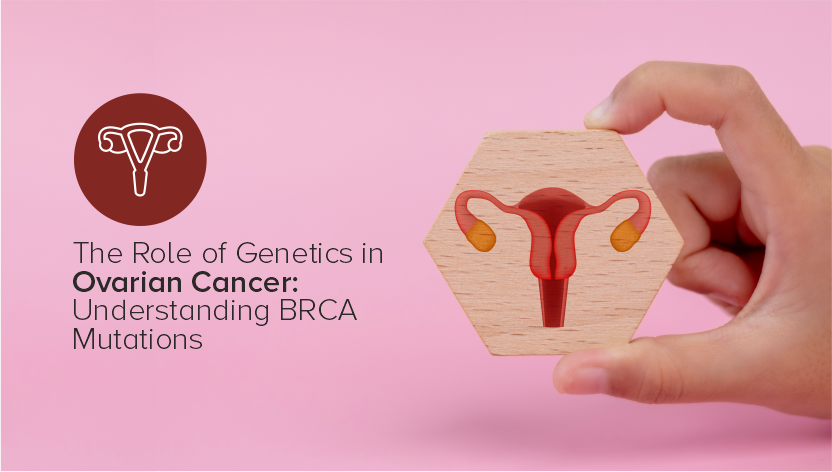Ovarian cancer remains one of the most challenging cancers to diagnose and treat effectively. Yet, recent advancements in genetic research have provided new insights, especially concerning BRCA mutations. These mutations, present in our genetic makeup, are powerful indicators that could influence both the risk and treatment options for ovarian cancer. For women looking to understand their own health risks or for those supporting loved ones through this complex diagnosis, understanding the role of genetics is pivotal.
